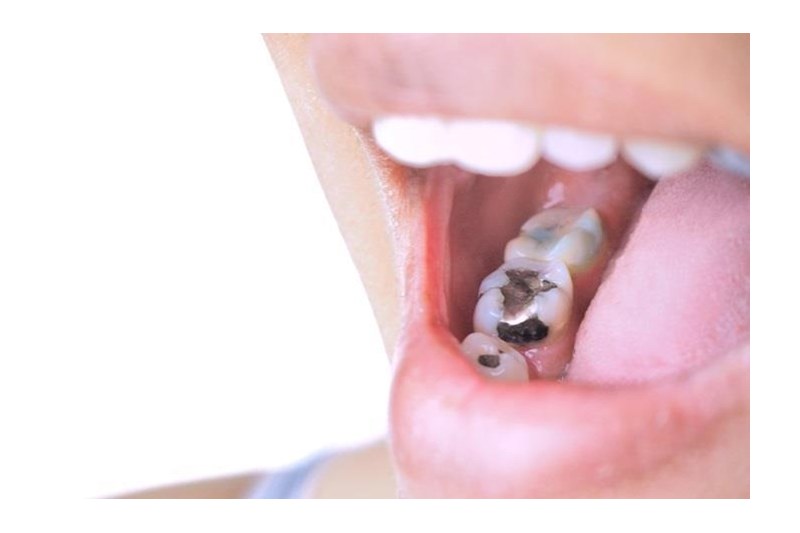Association says amalgam ban could break NHS dentistry
Published: 19/01/2024
The British Dental Association (BDA) has warned the European Parliament’s vote to ban dental amalgam from January 1, 2025, will send shockwaves across the UK’s already struggling dental services.
Silver amalgam is the most common material for NHS permanent fillings across the UK. Fillings represent around a quarter of all courses of NHS treatment delivered in England, with amalgam used in around a third of procedures. The BDA estimates treatment times and costs of alternative materials are over 50 per cent higher than those of amalgam.
On 14 July, 2023, the European Commission adopted a proposal to revise the Mercury Regulation, to introduce a total phase-out of the use of dental amalgam and prohibit the manufacture and export of dental amalgam from the EU from January 1, 2025 - five years earlier than expected.
The vote will hit all four UK nations but will disproportionately impact services in Northern Ireland, which has the highest proportion of filled teeth of any UK nation. Under post Brexit arrangements, Northern Ireland will be expected to phase out dental amalgam on the same basis as EU member states. Divergence means the rest of the UK faces disruption and higher costs given the impact on supply chains, but not a formal ban.
In an open letter to all four UK chief dental officers, the BDA says there are currently no alternative restorative materials that compete with amalgam on speed of placement or longevity. It believes the ban will eat into clinical time and resources.
MEPs also backed amendments stating that Member States must “ensure appropriate reimbursement is made available for mercury-free alternatives” to limit the socio-economic impact. The BDA said the same approach is needed from all UK Governments.
The Nuffield Trust warned in December 2023 that NHS dentistry was at the most “precarious moment in its 75-year history”. The BDA warn that without decisive action, this ban will only hasten the service’s demise.
While the BDA has long supported a phase-down in amalgam, it believes this rapid phase-out is neither feasible nor justifiable. Dental amalgam has been used and extensively studied for 150 years as a restorative material. Its safety and durability are well established, and it remains the most appropriate material for a range of clinical situations.
Eddie Crouch, BDA chair, said, “When we are set to lose a key weapon in the treatment of tooth decay all four UK Governments appear asleep at the wheel.
“When alternative materials can’t compete, this will add new costs and new uncertainties to practices already on the brink.
“Without decisive action this could be the straw that breaks the back of NHS dentistry.”
References available on request.
Author: N/A









